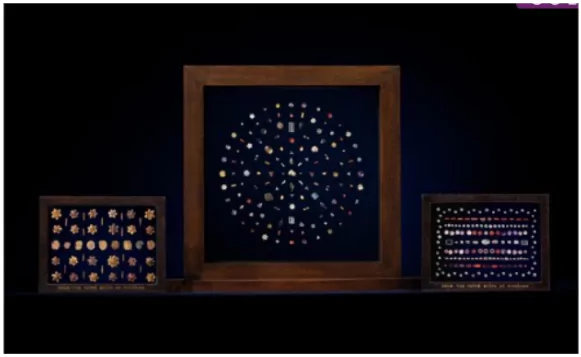![]() 8 May 2025
8 May 2025

Recently India served legal notice to Sotheby’s and the Peppé family, demanding cessation of the auction and repatriation of Piprahwa relics, citing cultural and legal violations.
 Discovery : In 1898, William Claxton Peppé, a British colonial landowner and engineer, excavated a stupa at Piprahwa in present-day Uttar Pradesh, believed to be ancient Kapilavastu, the capital of the Shakya republic.
Discovery : In 1898, William Claxton Peppé, a British colonial landowner and engineer, excavated a stupa at Piprahwa in present-day Uttar Pradesh, believed to be ancient Kapilavastu, the capital of the Shakya republic.<div class="new-fform">
</div>